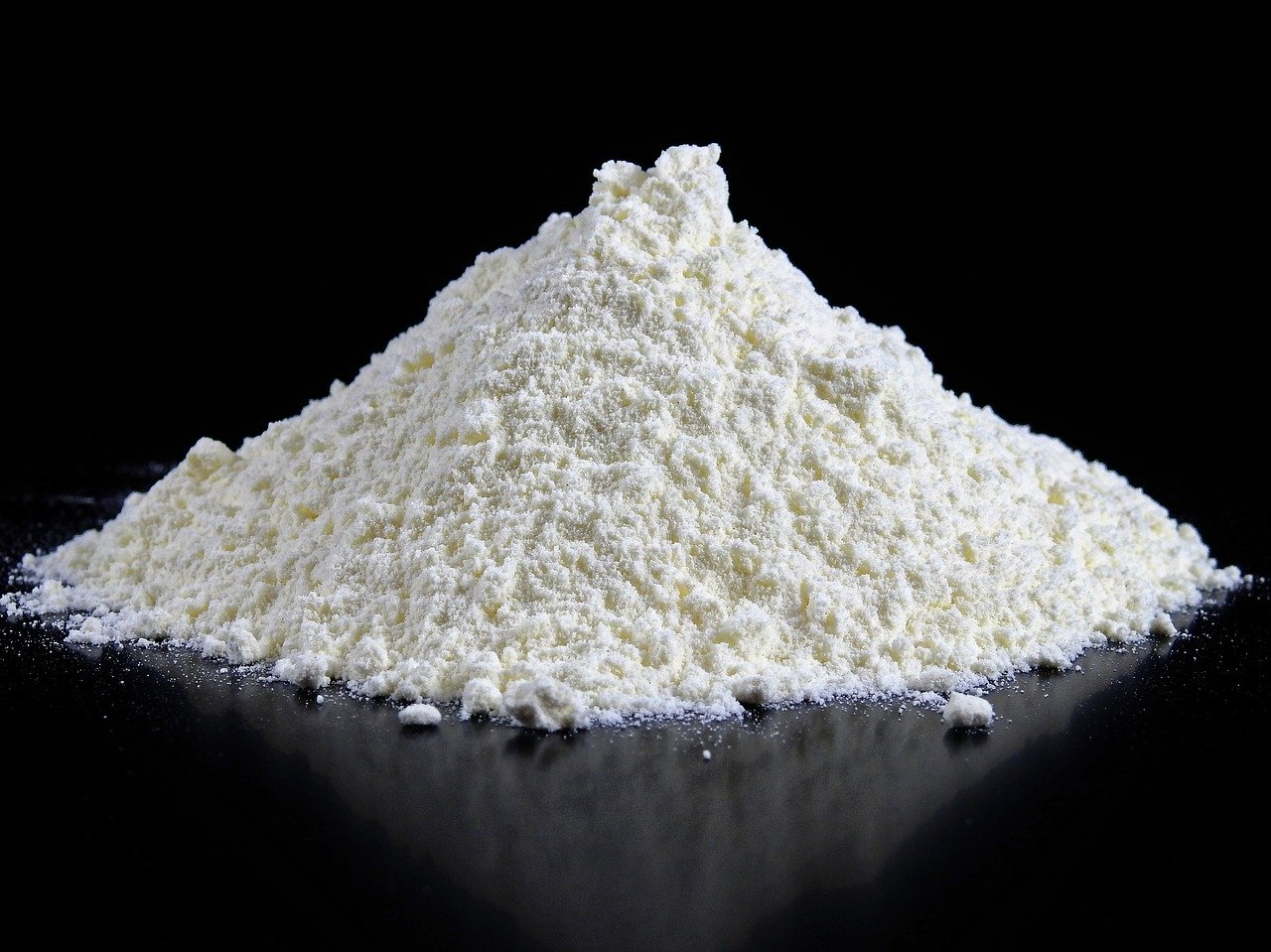In July 2019 researchers from the USA published the results of their review of the medical scientific literature to assess the assess the health benefits and safety of folic acid fortification of wheat and maize flour (ie alone or in combination with other micronutrients) on folate status and health outcomes. A total of 10 studies involving 2,250,475 individuals were included in the study. The studies had been undertaken in China, Mexico, South Africa, Bangladesh and Canada and had lasted between two weeks and 36 months, although post-fortification periods of up to seven years had assessed in two studies. It was noted that there was an unclear risk of bias in most studies. Results showed that wheat flour fortified with folic acid and other micronutrients was associated with a significantly reduced risk of neural tube defects, spina bifida, and encephalocoele, but not anencephaly, compared to unfortified flour. Pregnant women who consumed folic acid-fortified maize porridge were seen to have significantly higher folate levels when compared to those who consumed unfortified maize. However, when women of reproductive age consumed maize flour fortified with folic acid and other micronutrients, folate levels were not seen to be higher. One study involving children showed limited evidence that folic acid-fortified wheat or maize flour had any effect on haemoglobin levels or anaemia. The evidence in all studies was assessed as being of low quality.
Centeno Tablante E et al. Fortification of wheat and maize flour with folic acid for population health outcomes. Cochrane Database Syst Rev. 2019 Jul 1;7:CD012150.

